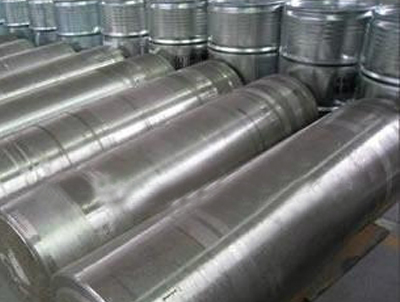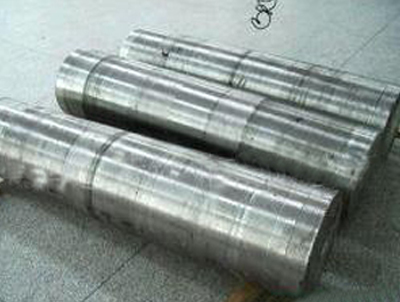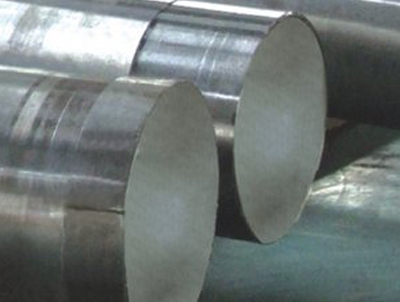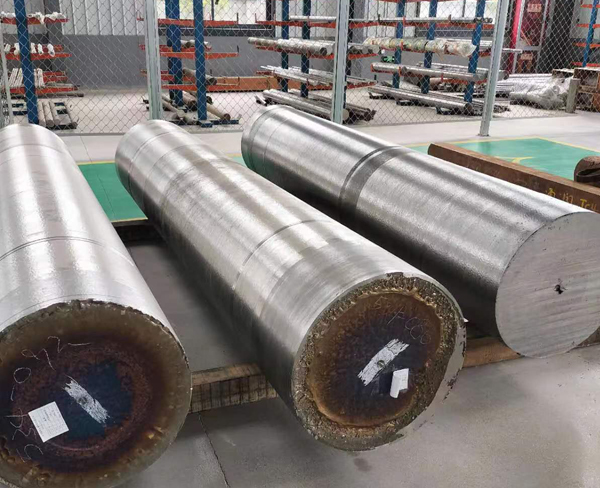Location:Home>>News & Events
The Properties of Titanium
Views :
Update time : 2013-04-16
Products
Titanium mill products vary by forms: titanium bars, titanium ingots, titanium billets, extrusions, titanium strip, titanium sheets, titanium plates, titanium wire, titanium pipes (titanium tubes). All these products available for unalloyed titanium as well as from titanium alloys. Many grades of titanium and its alloys are also available as castings and forgings. Some beta alloys have superior forgeability; sheets can be cold-formed in the solution-treated condition. Ti 6 Al/ 4V is relatively difficult to cold form but is readily hot formed or even super plastically formed.
Weldability
In general, weldability of titanium and its alloys can be readily performed but it is necessary to exclude reactive gases, including oxygen and nitrogen from the air, and to maintain clearness. Thus weld properties are heavily influenced by welding procedures, especially by the adequacy of inert gas shielding. Electron beam welding, gas metal arc welding, friction welding, laser welding, resistance welding are all used in some cases. Both alloys composition and microstructure are important in determining weldability, with the presence of beta phase having a deleterious effect. Thus unalloyed titanium and alpha alloys are generally weldable and welded joints generally have acceptable strength and ductility; postweld stress relief annealing of weldments is recommended. Some alpha-beta alloys, especially Ti 6 Al/4 V, are weldable in the annealed condition as well as in the solution treated and partially aged condition ( aging can be completed during the post-weld heat treatment. Strongly stabilized alpha-beta alloys can be embrittled by welding, the result of phase transformation occurring in the weld metal or the heat affected zone. Some beta alloys are weldable in the annealed or the solution treated conditions.
Corrosion Resistance
Unalloyed titanium, the most corrosion-resistant of the titanium based materials, is resistant to nitric acid and many different chloride-bearing environments, including hot chloride solutions. It is also resistant to sulphides. The Pd-bearing unalloyed grades have improved resistance to corrosion in reducing media, so that it can be applied in hydrochloric, phosphoric, and sulphuric acid solutions. Since the corrosion resistance is based on the formation of a stable adherent protective surface oxide film, corrosion susceptibility can arise if the environment is such that the film can not regenerate itself when damaged; such a situation can arise for example in the case of crevice corrosion, where oxygen depletion and acidic conditions can occur in confident space.
Creep and oxidation resistance
Unalloyed titanium has good creep resistance below 315 C (599 F).
Alpha alloys are generally stable for periods of 1000 hours up to 540 C (1004 F),
alpha-beta alloys up to about 370 C(698 F ) in the mill annealed conditions and as high as 425 C (797 F ) after heat treatment.
Related Product
Read More >>
© 2023 Baoji Tongrun Metal Materials Co., Ltd. All Rights Reserved.






